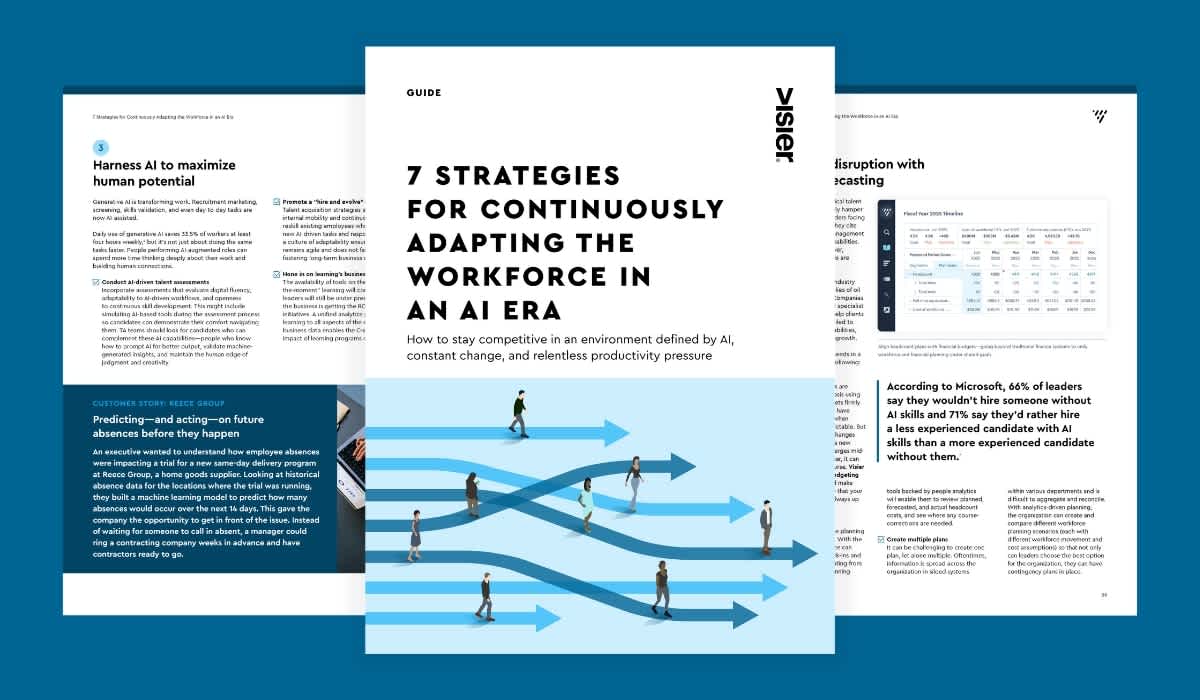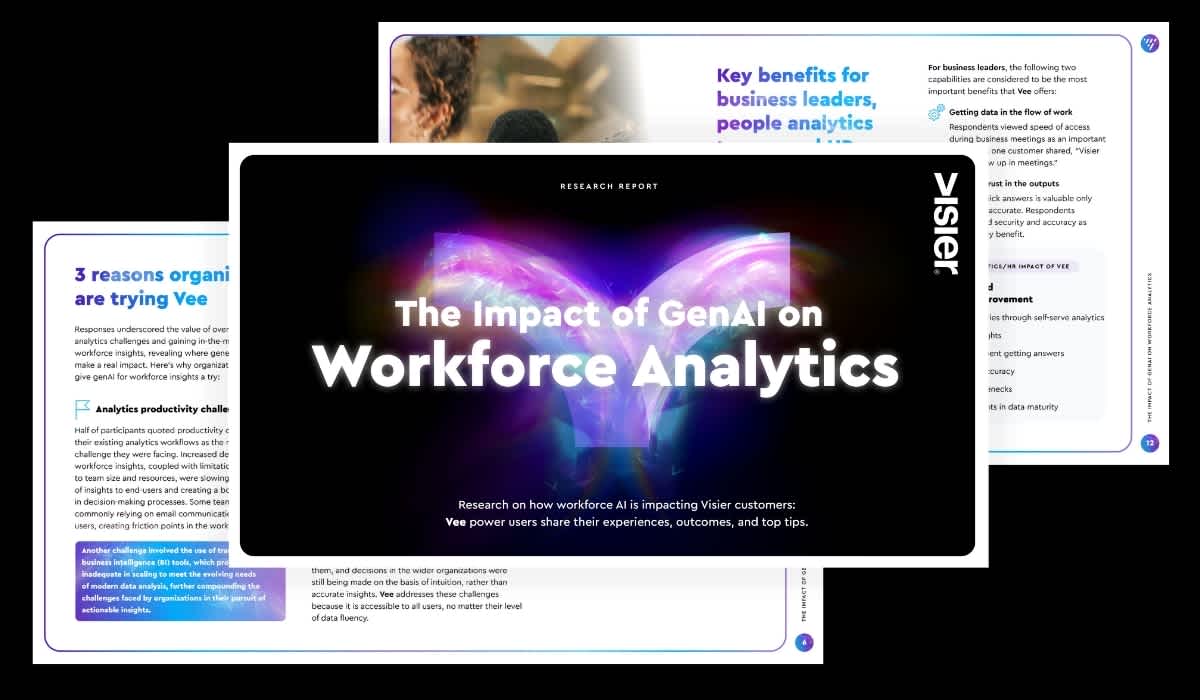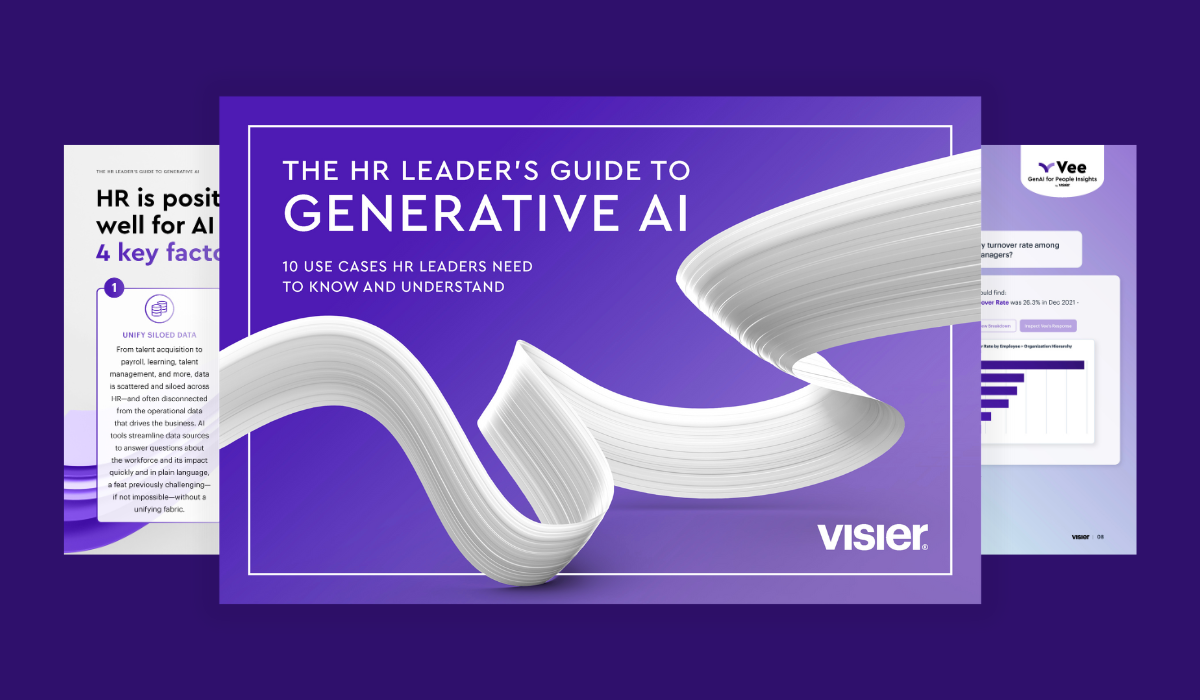What Does “The Future of Work” Mean?
Due to technological improvements and the pandemic, the workplace and how people do their jobs has changed significantly.

What does “the future of work” mean?
“The future of work” describes what the workforce of tomorrow will look like, shaped by technological advancements and changing societal norms. In recent years, particularly following the COVID-19 pandemic and with the rise of generative AI, these shifts have accelerated significantly.
COVID-19 rapidly changed the workplace
The COVID-19 pandemic impacted the workforce at a rapid pace, especially where work happens through remote and hybrid work models. Organizations rapidly adjusted to ensure business continuity and employee safety. This experience demonstrated the feasibility and, in some cases, the benefits of distributed workforces. The future of work now commonly incorporates remote and hybrid structures, supported by a growing array of collaborative technologies. Organizations are also increasingly focusing on employee well-being and mental health in remote environments.
Technology and the future of work
Technology continues to be a driving force in shaping the future of work. Automation, artificial intelligence (AI), generative AI, and AI agents are transforming every industry, impacting various roles. HR functions have seen significant changes, with technology streamlining administrative tasks and enabling more strategic, data-driven approaches to talent management.
The use of data analytics and AI is increasing, enabling predictive insights and self-serve analytics that improve decision-making across organizations. Vee, Visier’s generative AI digital assistant, lets anyone in an organization ask questions about people, work, and their impact on productivity and receive immediate, accurate, and secure answers.
People skills and the future of work
While technology is an important enabler, people and their contributions are essential to the future of work. The skills they need may be different, though, with a greater emphasis on technical skills such as data analysis and cybersecurity. AI skills are essential for technical and non-technical roles alike, because employees in all types of roles need to understand how to use AI tools to do their jobs.
Soft skills like communication, collaboration, empathy, and emotional intelligence are also crucial, especially for management in leading hybrid teams. The ability to build strong relationships in virtual settings is increasingly important for effective leadership.


